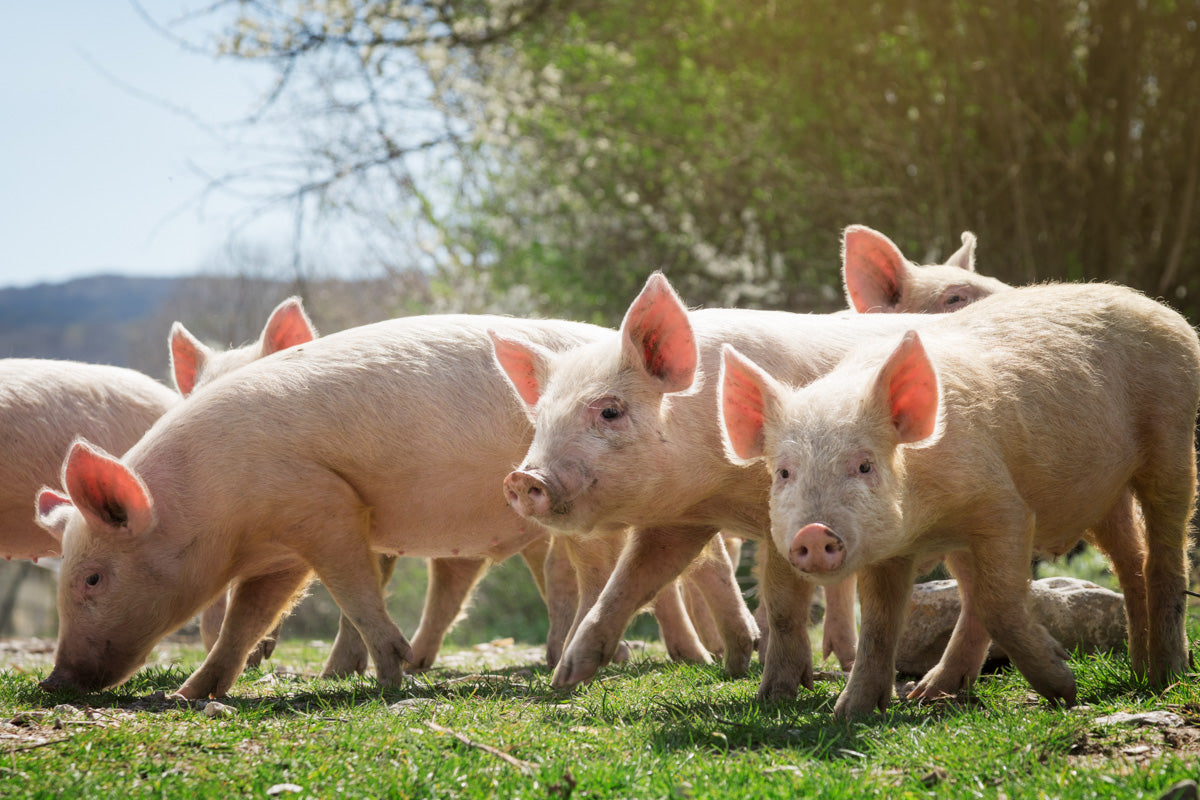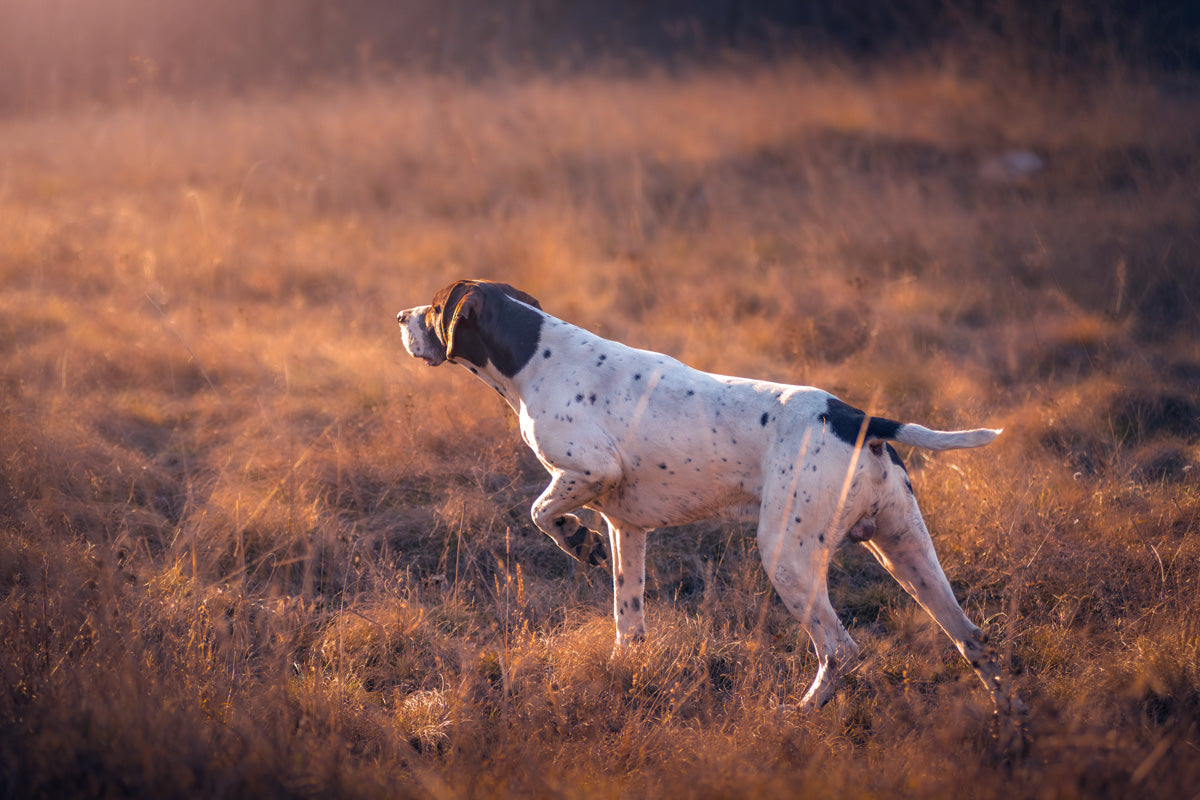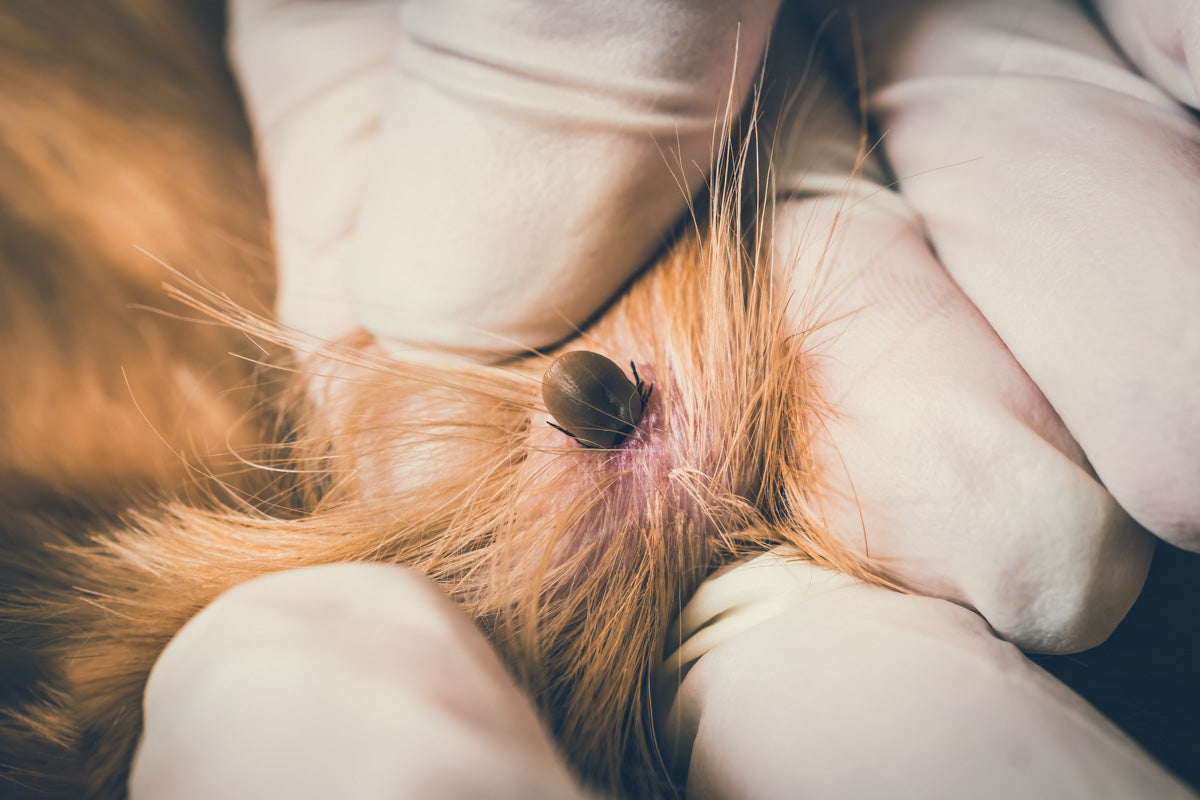Japanese encephalitis virus (JEV) is a viral disease that affects not only humans but also animals particularly pigs. JEV is primarily transmitted through the bite of infected mosquitoes, and pigs are considered the primary amplifying host of the virus which means that they can spread the virus to non-infected mosquitoes. Other animals such as cattle, sheep, horses and goats can be infected but do not always exhibit the disease. These animals are considered dead end hosts which means they do not transmit the virus once infected.
The most common clinical signs of Japanese encephalitis in pigs include stillborn or weak piglets, some of which may exhibit neurological symptoms. Piglets infected after birth may also develop encephalitis within the first six months of life, which can cause paddling and other neurological signs. Suckling piglets and weaners may also exhibit wasting, depression, or hindlimb paralysis.
In contrast, adult sows typically do not show overt signs of the disease. However, if boars are present on the farm, they may experience infertility and swollen, congested testicles.
It is important to note that pig-to-pig transmission of Japanese encephalitis is rare. The virus is primarily spread through mosquito bites and is not spread from pigs to people.
The virus circulates in a cycle between mosquitoes, pigs, and water birds, which serve as the natural reservoir for the virus. The mosquitoes become infected when they bite infected pigs, and they then transmit the virus to other animals, including humans, when they bite again. The risk of JEV is higher in areas where there are large populations of pigs and water birds, particularly during the peak mosquito season.
To control Japanese encephalitis in pigs without using chemicals, it is important to minimize mosquito breeding on the property. This can be done by removing any open containers that can collect water, filling potholes and other areas that collect water, ensuring gutters, downpipes, and drains are free of debris, and trimming overhanging branches. It is also important to ensure that effluent drainage is free-flowing and does not pool, and to seal or screen large water containers with 1mm mesh.
Reducing vegetation around the piggery will also minimize areas where adult mosquitoes can rest, and ensuring all windows and doors are covered by well-maintained mosquito-proof screens can prevent their entry.
When using chemical control, it is crucial to only use chemicals that are registered for use around pigs and approved for use against mosquitoes. Chemical control can be applied to water sources, the outside of sheds and buildings, effluent ponds, staff facilities, and pigs. However, it is important to restrict chemical use to areas that require treatment and keep records of all pest control activities. It is also essential to seek professional advice if unsure about how to use a chemical, as misuse of chemicals can create environmental risks to bees, wildlife, and aquatic life.
For the latest data about JEV in Australia and comprehensive information and resources, visit the Department of Agriculture, Fisheries and Forestry - Japanese encephalitis virus page.




